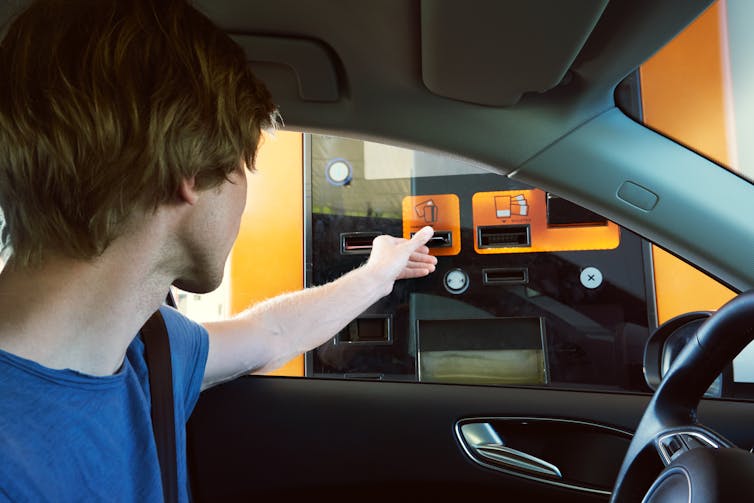Motorway concessions: unjustifiable profitability
Noël Amenc, associate professor of finance, and Frédéric Blanc-Brude, director of EDHECinfra, discuss the profitability of motorway concessions in an article originally published on The Conversation.
This is not the first time that concessions have been singled out for criticism. Even though these companies defend the fact that they have only increased their fares in the same proportions as those of other transport operators, they were criticized in 2017 by the French rail and road regulator, the Autorité de régulation des activités ferroviaires et routières, which considered that fare increases, linked to investment plans, exceeded "the fair level that it would be legitimate to pass on to users".
In a new EDHEC Infrastructure Institute publication entitled "Le coût du capital dans les concessions autoroutières en France. Pour une approche moderne de la réglementation des péages" and quoted in the Senate report, we show that, indeed, such levels of profitability are not justifiable in view of the risks incurred by concessionaires, and do not correspond to the risk premiums observable on private infrastructure investment markets.
Lower risk premium
Using a database that measures the cost of risk for different types of infrastructure projects over time, we demonstrate that the weighted average cost of capital (WACC) for motorway concessions in France has fallen from an average of 6% to 2% in 10 years, due to the rise in prices of this type of asset, highly coveted by investors (which leads to a fall in the risk premium), and the permanent fall in the cost of debt, coupled with an increase in the indebtedness of these same companies.
It is this WACC that determines the toll increases negotiated with the French government: the higher the WACC, the higher the tolls have to rise to cover the new works. For the past 10 years, the State and the transport regulator have accepted a very high WACC of between 6% and 8%. As recently as 2019, in a response to the Cour des Comptes, the Ministry of Transport reported a rate of 5.9% for the latest plan contracts. This rate justifies toll increases that bear no relation to the cost of risk to concession shareholders.

As in Italy and Spain, whose freeways were privatized a few years before France's, the average WACC is nevertheless following a long-term downward trend. While it was indeed around 6% in 2010, as recommended by the French government, it subsequently fell to less than 2%. The rate began to rise again in early 2020, to just over 2%, due to the Covid-19 crisis and its impact on the cost of capital for infrastructure companies, particularly those providing transport services, during this period.
This decline can be explained by several factors. Firstly, a decrease in the cost of risk, coinciding with growing investor interest in infrastructure projects during this period, eased the cost of equity. The cost of debt also followed the same trend, thanks to lower interest rates. Finally, the increase in the proportion of debt in the financial structure of motorway concessions has contributed to this decline in WACC over time.
Room for manoeuvre on tolls
The study shows that if a cost of capital closer to market reality were used by the State in its negotiations with concessionaires, tolls charged to users could be considerably lower. For example, if the WACC were one percentage point lower, tolls could be reduced by an average of 15%. In fact, the rate used by the Ministry of Transport is several percentage points above the cost of risk actually borne by shareholders.
In its report, the French Senate calls for these contracts not to be renewed or extended, and for a new model of relations with concessionaires to be sought, including review clauses that would allow changes in the cost of capital for private investors to be taken into account. Unfortunately, this necessary evolution is left to the terms of existing contracts.
We can only regret that the negotiations on extending the duration of the concession contracts granted in 2015 did not lead to a reform of these contracts to make them fairer. Bearing in mind that these concessions still have an average of 20 years of revenue to collect, we can imagine a less wait-and-see attitude on the part of the legislator, which would make it possible to restore the fair price of tolls paid by motorists sooner.
This article is co-published with The Conversation under Creative Commons license. Read the original article.




